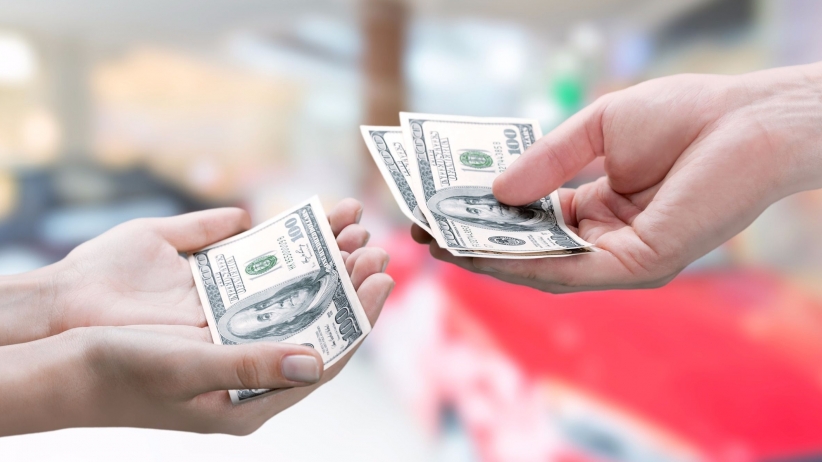
In pursuit of gaining a competitive advantage in crowded industries, many brands offer money-back guarantees. The idea is that they build trust with customers and remove any unnecessary friction from the conversion funnel. But, are these guarantees worth the trouble?
Understanding the money-back guarantee
We’ve all heard of money-back guarantees, of course: You may have even taken a company up on one in the past. But have you ever considered whether or not this sort of guarantee could be something your own business could offer?
The origins of the money-back guarantee can actually be traced all the way back to 1868 when door-to-door salesman J.R. Watkins offered customers a full refund of the purchase price on his home-cooked natural remedies if they didn’t like the product.
According to historical sources, Watkins offered the guarantee to combat the fact that his product was totally unknown in the marketplace.
What thousands of other businesses have since discovered (along with Watkins, presumably) is that the money-back guarantee reduces the perceived risk of the product and is rarely ever invoked by customers.
Today, you’ll see thousands of businesses across every industry using money-back guarantees. Bike company Sixthreezero is one such example. It offers a 365-day test ride in which tcustomers may send their bikes back if they aren’t fully satisfied. Sixthreezero even comps the shipping!
Another popular example is Heineken. Spokesman Neil Patrick Harris famously, and publicly, offered a money-back guarantee to all customers in the company’s 2015 television ad campaign. (And it wasn’t just a stunt.)
Is a money-back guarantee right for you?
Clearly, if a large company like Heineken and a newer brand like Sixthreezero are using money-back guarantees, they must offer some benefits. But there are also some notable risks associated with putting forth such a promise.
Let’s examine the pros and cons.
Pro: risk reduction
As Watkins likely discovered,…

